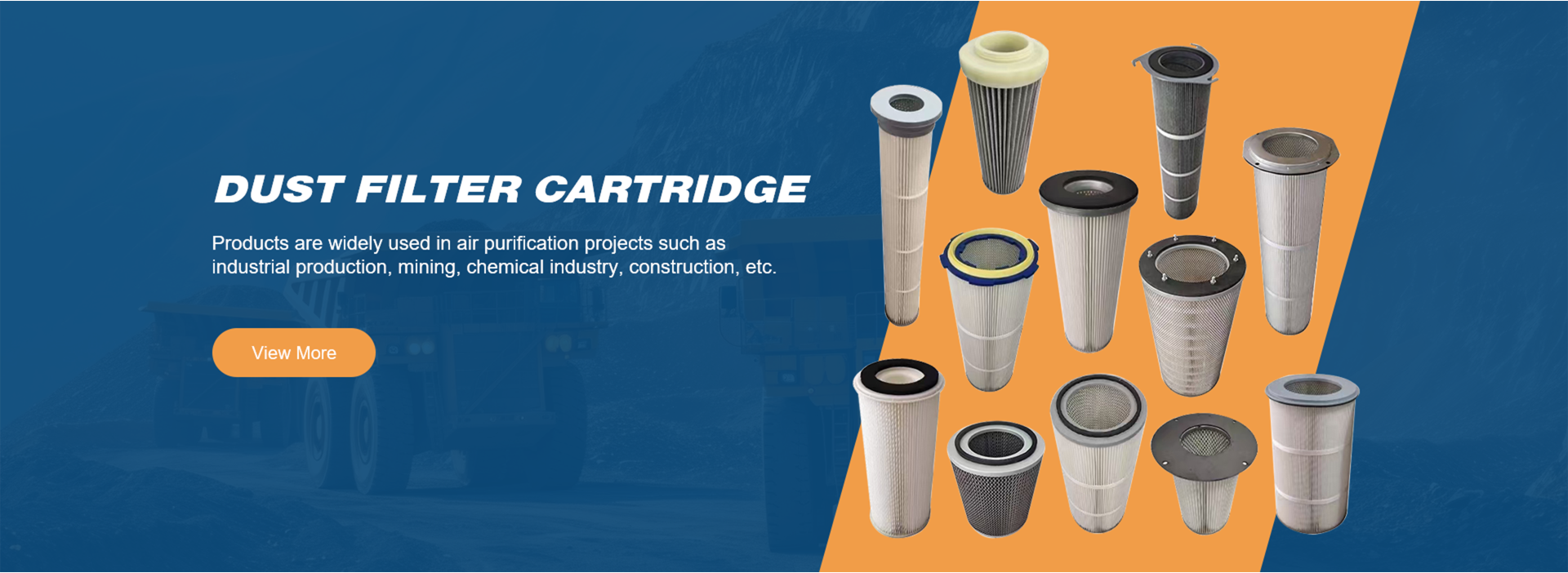 Tel:
+8615930870079
Tel:
+8615930870079
Dec . 09, 2024 21:37 Back to list
HEPA Cartridge Filters for Improved Air Quality and Filtration Efficiency
Understanding HEPA Cartridge Filters A Comprehensive Guide
In today's world, maintaining a clean and healthy environment is more important than ever. One of the most effective tools in achieving this goal is the HEPA (High-Efficiency Particulate Air) cartridge filter. These filters are designed to trap a significant percentage of airborne particles, providing cleaner air for various applications, including residential, commercial, and industrial settings. This article will explore what HEPA cartridge filters are, how they work, their benefits, and tips for selection and maintenance.
What is a HEPA Cartridge Filter?
A HEPA cartridge filter is a type of air filter that is made up of a mat of randomly arranged fibers, typically composed of fiberglass. To qualify as a HEPA filter, the material must be able to trap at least 99.97% of particles that are 0.3 microns in size. This specification is crucial because it includes a wide range of common allergens and pollutants, such as dust mites, pollen, pet dander, and even certain bacteria and viruses.
HEPA cartridge filters are often housed in a cartridge that is easy to replace. This design enhances the efficiency of air cleaning systems, making it simple for users to maintain their air quality without needing extensive technical knowledge.
How Do HEPA Cartridge Filters Work?
HEPA filters operate on three primary mechanisms interception, inertial impaction, and diffusion.
1. Interception occurs when particles in the airflow come into contact with the fibers of the filter and stick to them. This process primarily captures larger particles.
2. Inertial impaction takes place when larger particles cannot easily follow the airstream due to their inertia, causing them to collide with the filter fibers and become trapped.
3. Diffusion is the effect that affects smaller particles, which are influenced by Brownian motion, leading them to collide with the fibers more frequently, thereby increasing their likelihood of being captured.
These processes work together to achieve the impressive efficiency that HEPA filters are known for, making them a go-to choice for air purification.
The Benefits of HEPA Cartridge Filters
Using HEPA cartridge filters offers several key benefits
hepa cartridge filter

- Improved Air Quality By capturing a high percentage of airborne contaminants, HEPA filters significantly improve indoor air quality, reducing the risk of respiratory issues and allergies.
- Versatility HEPA filters can be used in various applications, from home air purifiers and vacuum cleaners to industrial air filtration systems and medical facilities.
- Cost-Effectiveness While HEPA filters may have a higher upfront cost than standard filters, their efficiency and effectiveness often result in lower overall maintenance costs and longer intervals between replacements.
- Reduced Energy Consumption High-quality HEPA filters can enhance the efficiency of HVAC systems. By improving air quality and airflow, these systems can operate more efficiently, potentially saving energy costs.
How to Select and Maintain HEPA Cartridge Filters
When choosing a HEPA cartridge filter, consider the following factors
1. Filter Rating Ensure the filter meets the HEPA standard (99.97% efficiency on 0.3-micron particles). Some filters might claim to be HEPA-like, which do not meet the same standards.
2. Compatibility Check that the filter is compatible with your air cleaning system or appliance.
3. Particle Size Capture Consider the types of particles you are most concerned about and verify that the filter is designed to capture those particles effectively.
Regular maintenance of HEPA filters is also crucial. Check the manufacturer's recommendations for replacement intervals, which can vary based on usage and air quality. In general, most HEPA filters should be replaced every 6 to 12 months. Keeping your air filtration system clean and well-maintained not only ensures optimal performance but also prolongs the life of the filter.
Conclusion
HEPA cartridge filters are an essential component for anyone looking to improve air quality in their environment. By understanding how these filters work, their benefits, and the best practices for selection and maintenance, users can enjoy cleaner, healthier air. Investing in a quality HEPA filter contributes significantly to a healthier lifestyle, especially for those with allergies or respiratory conditions. Always choose wisely and prioritize your indoor air quality to create a safe and welcoming space.
-
Types and Applications of Air Filtration CartridgesNewsJul.28,2025
-
The Role of Gas Turbine FiltersNewsJul.28,2025
-
Mastering Air Filter Cartridge UseNewsJul.28,2025
-
Advanced Turbine Filters for Modern Gas TurbinesNewsJul.28,2025
-
Cellulose Air Filter Cartridge Advantages in Dust FiltrationNewsJul.28,2025
-
Cellulose Filters for Air Particle ReductionNewsJul.28,2025

 Email:
Email:





